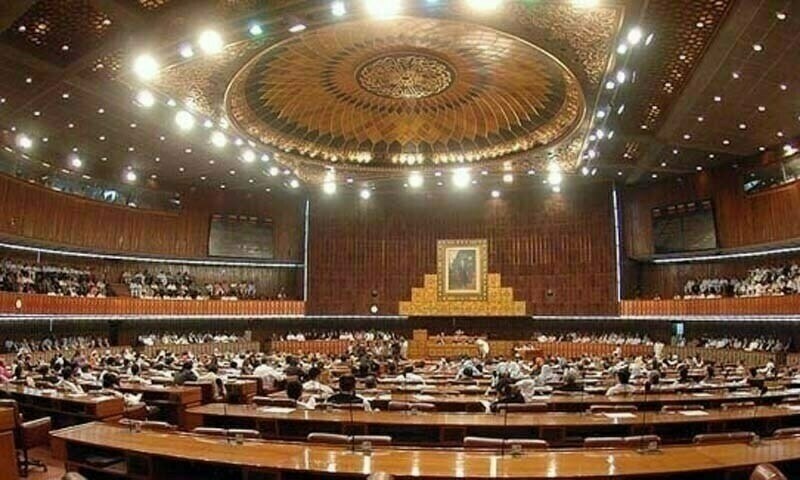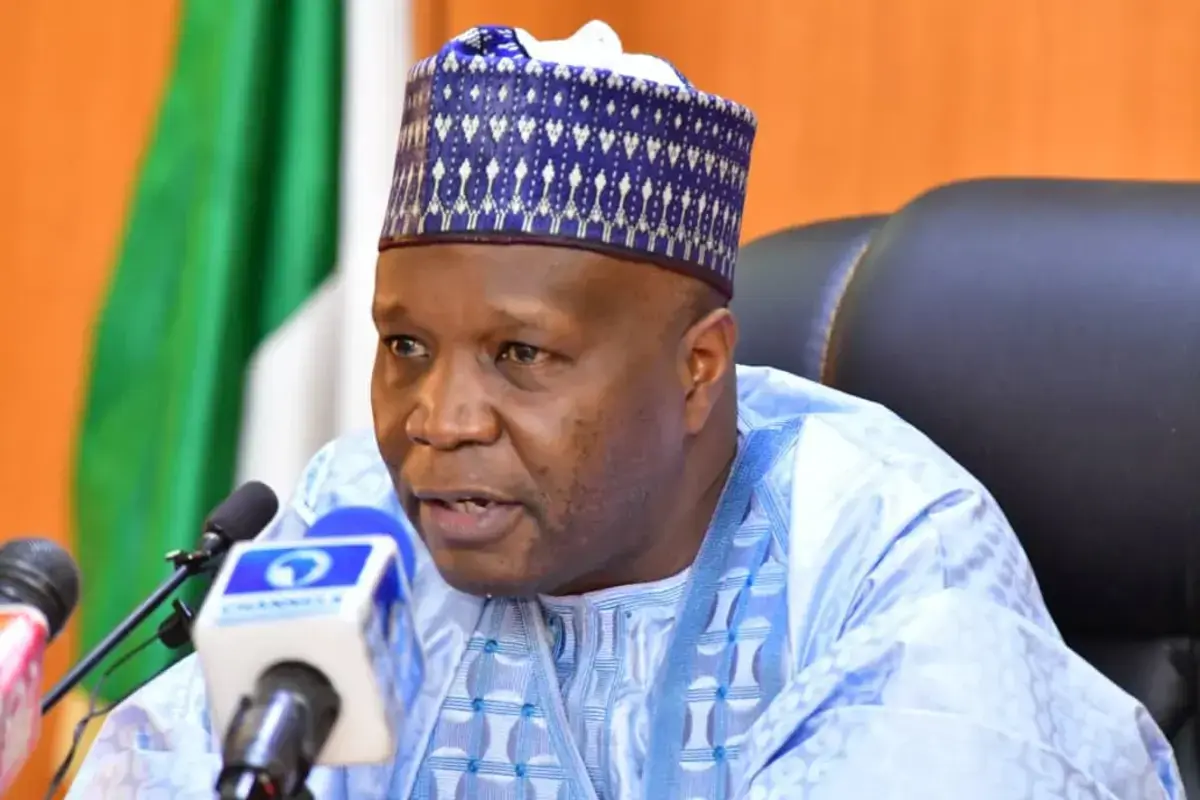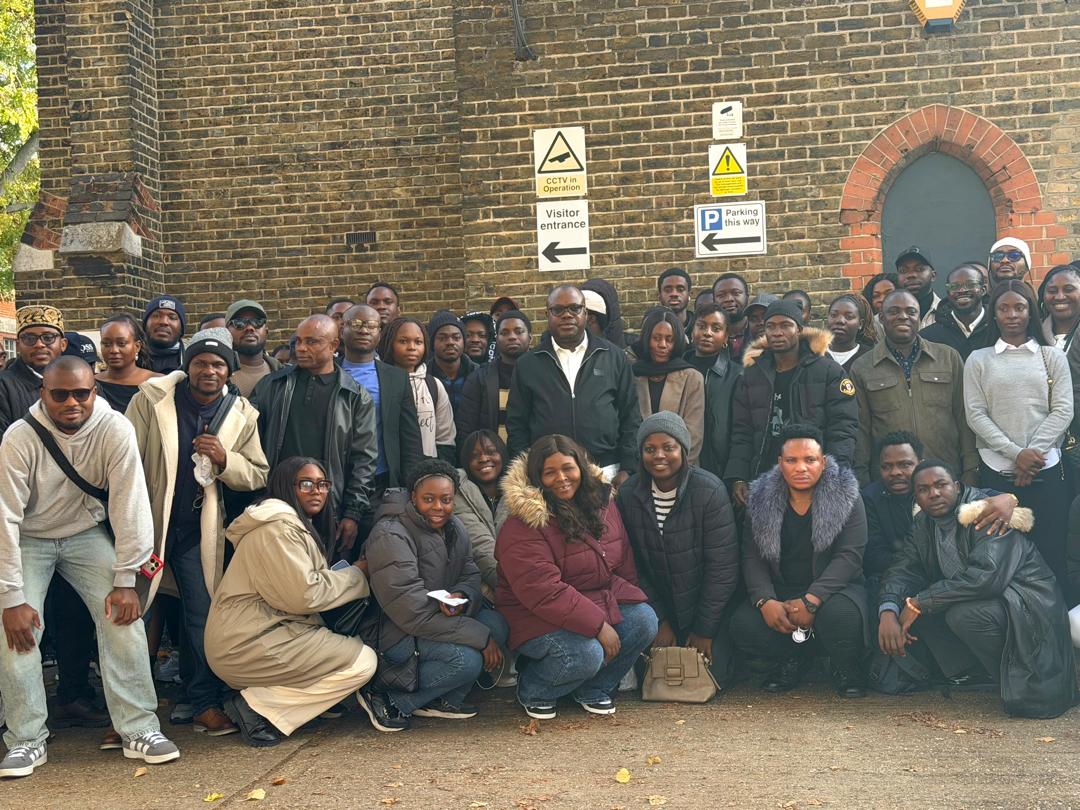Copyright brecorder

ISLAMABAD: A fierce debate erupted in National Assembly on Wednesday as Minister for Parliamentary Affairs Dr Tariq Fazal Chaudhry vehemently defended the controversial 27th Constitutional Amendment, dismissing widespread claims that the proposed bill would undermine the 18th Amendment, a cornerstone of the country’s federal structure. The session, chaired by Deputy Speaker Ghulam Mustafa Shah, saw Pakistan Tehreek-e-Insaf (PTI) lawmakers launch a scathing critique of the proposed amendment, warning it could undo the hard-won gains of the 18th Amendment, which decentralised power and strengthened provincial autonomy. They vowed to resist the amendment at all costs, accusing the government of attempting to erode constitutional integrity and judicial independence – a process they argued had already begun with the passage of the contentious 26th Amendment. In response, Dr Chaudhry dismissed these accusations as false and misleading propaganda, asserting that the bill was not intended to reverse the 18th Amendment’s gains on devolution or provincial autonomy, and rejecting claims of centralisation. He also criticised efforts to politicise the bill before its official draft had even been presented, labelling such criticism as based on assumptions. The minister clarified that the amendment’s only aim was to introduce a uniform syllabus, not to centralise control over educational institutions or provincial education boards. He stressed that no action would be taken that would undermine the federation or harm federal-provincial relations. “The goal is to improve governance, strengthen national defence, and reinforce ties between the federation and the provinces,” he explained. On the National Finance Commission (NFC) Award, Dr Chaudhry emphasised that the government would consult with all relevant stakeholders, including political allies, and decisions would be made through broad-based dialogue. Reflecting on previous constitutional reforms, he regretted that the 26th Amendment had also been accused of threatening judicial independence. He clarified that the proposed constitutional court, a key feature of the amendment, was designed to address the backlog of cases in the judiciary. He reminded the Assembly that this proposal had been part of the 2006 Charter of Democracy, signed by the PPP and PML-N. Regarding constitutional amendments, Dr Chaudhry reminded the House that they required a two-thirds majority, not merely consensus. “The spirit of the constitution will be upheld,” he added. However, his reassurances did little to quell growing concerns among opposition lawmakers, who decried the proposed bill as yet another step towards centralisation. Barrister Gohar criticised: When you presented the 26th Amendment, you brought 56 amendments, which were reduced to 25, then 18. We strongly opposed four of those amendments, including the constitutional bench, the tenure of judges and the preservation of the Election Commission.” He said that the proposed 27th Amendment is a direct assault on the spirit of the 18th Amendment and will deepen the political and constitutional crisis, urging the government to seek broader consensus. He pointed to neighbouring countries where constitutional changes were achieved through consultation rather than unilateral action. Khan also raised alarms about the potential centralisation of control over education and population policy, both of which had been devolved to the provinces under the 18th Amendment. “The government’s actions risk reversing decades of progress toward genuine federalism,” he added. Responding to the opposition criticism, Dr Chaudhry reiterated that the federal government had no intention of centralising control over schools and colleges. On the issue of population growth, he acknowledged the challenges but offered few concrete solutions, other than vague promises to consult with provincial governments. Similarly, he said the government would seek consensus with the provinces on any changes to the NFC Award, but provided no details on how such consultations would unfold. Adding fuel to the fire, barrister Gohar also proposed Mahmood Khan Achakzai as the opposition leader, submitting a petition signed by 72 lawmakers to the Speaker’s office. This move highlighted the growing rift within the opposition and their frustration with the Speaker’s reluctance to act on the matter. In response, Deputy Speaker Ghulam Mustafa Shah, presiding over the session, suggested that the opposition resolve the matter through the Speaker’s office, noting that the issue was currently before the courts. Amid the heated exchanges, the government introduced five new bills, including amendments to the West Pakistan Motor Vehicles Taxation Act and the Islamabad Local Government Act. The bills were referred to the relevant standing committees for review. Copyright Business Recorder, 2025



